In the wake of the rise in anti-Asian hate crimes, we asked mixed Asians of the BuzzFeed Community to share their experiences and tell us how the hate has affected them. Here are some of their submissions:
Note: Some submissions include strong language.
1. "Race isn't political — it's part of who I am."
"I am half-Filipino and half-Pakistani. Looking at me, my ethnicity is pretty ambiguous, but over the last 20 years, I've feared for both sides of my family. In 2001, I feared for my Pakistani family in the wake of 9/11. Now, in 2021, I fear for my Filipino side. The constant fear of something happening to my parents or titos and titas is exhausting physically, mentally, and emotionally. The rise in anti-Asian hate crimes has also put a strain on my marriage. My husband's family is white, and to them, anything race-related is political and they 'don't do politics.' For me, race isn't political — it's part of who I am. It makes for a lonely existence when it feels like no one around you understands."
—Roxy Strike
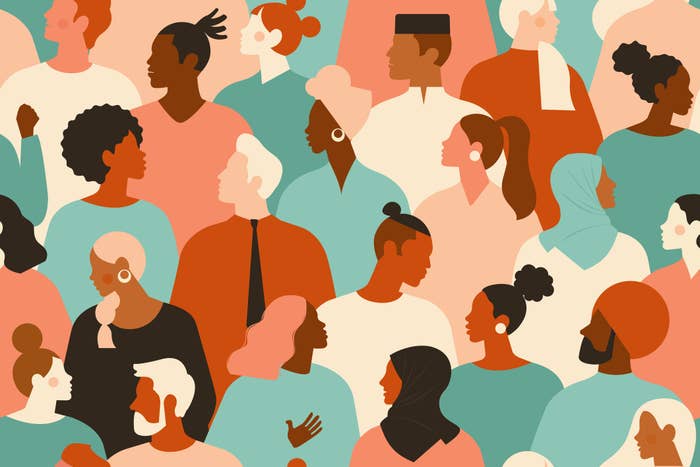
2. "My grandparents told my mom that I should avoid telling people I'm Asian."
"My mom is Asian and my dad is white. I live in the deep South, pass easily, and have a white last name, so the only way anyone knows I’m Asian is if I tell them or they meet my mom. I’m lucky that I have a wonderful mother who has raised me to be proud of my heritage. Last week, my grandparents told my mom that I should avoid telling people I’m Asian, and it broke my heart. I’m not really afraid for my own safety, but I’m so, so sad and angry that my family feels like they need to worry about me."
—Anonymous
3. "I picture my lola, my tatay, and my titas."
"I’m half-Filipino and half-white. I don’t know where my place is in this conversation and often feel that, because I benefit from presenting as white, my voice isn’t the one that should be heard. Whenever I hear about an attack, I picture my lola, my tatay, and my titas. I don’t know how to protect my family or how to make people care. I wish I could get people to understand that when I see these attacks on the news, I can see this happening to my own family."
—Anonymous

4. "Since most people can't identify my heritage, they have said hateful things around me."
"It has not affected me directly because I am ethnically ambiguous (I'm a mix of Thai, Chinese, Japanese, Hungarian, and English), but I am afraid for my family and members of the Asian community. My 70-year-old mother, who is full Asian and has lived in the US for 50 years, is now afraid to leave her house. Since most people can't identify my heritage, they have said hateful things around me such as, 'Kung Flu,' 'ch*nk,' and 'Asians eat dogs.'"
—Anonymous
5. "I don't feel Black or Asian enough — I'm just mixed."
"It has made me more emotionally tired than I have ever been. I'm a half-Asian and half-Black woman with immigrant parents. During the BLM protests, I felt a lot of anger, but also recognized that as a racially ambiguous person, I don’t experience the same racism. I felt a glimmer of happiness when Kamala Harris was elected as vice president and I was excited to finally see someone in politics that I had some shared experiences with. However, between cops continuing to get away with the murder of Black people and this recent string of murders of Asian women in Atlanta (where I live), it's hard to focus on work or even friendships. All of this has made me incredibly angry about racism, but on a personal level, I am struggling to find my place in how to talk about this. I am hesitant to speak on behalf of either community. I don't feel Black enough or Asian enough — I'm just mixed."
—Anonymous
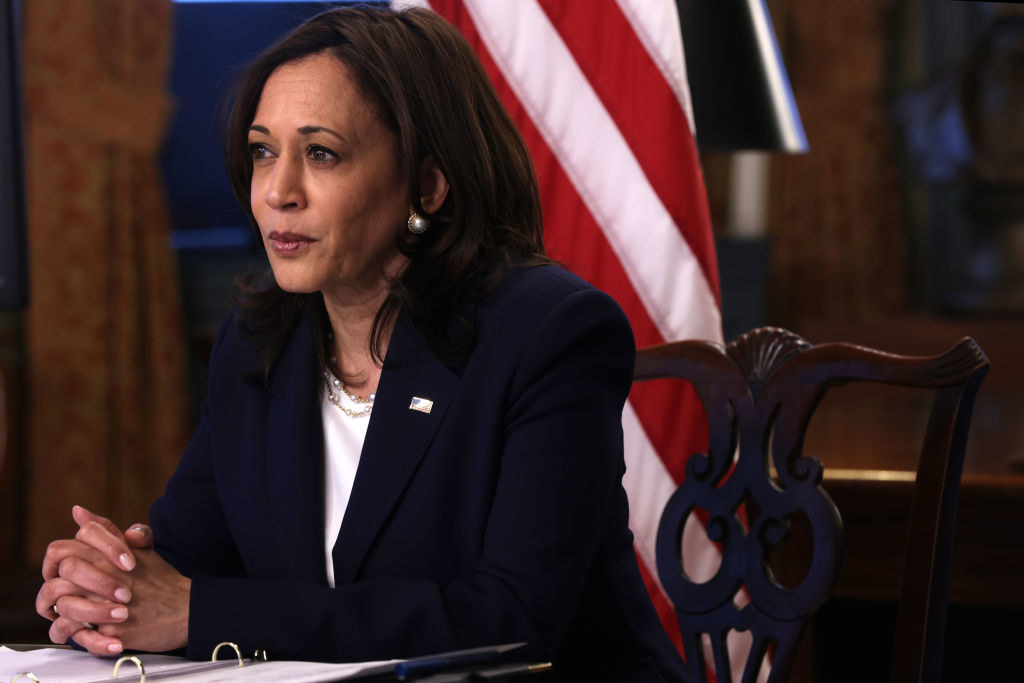
6. "It’s a weird feeling to be exhausted and terrified and so deeply sad, and for people to not know why I feel that way."
"I’ve been scared for my dad, but I’ve also wondered if I have a place to say anything as a white-presenting person. I don’t face the same overt racism as some of my relatives and friends, so I try to use that privilege to speak up and speak out. It’s a weird feeling to be exhausted and terrified and so deeply sad, and for people to not know why I feel that way."
—Anonymous
7. "I've had friends tell me, 'your people just had to eat the bats.'"
"I'm Black, white, and Asian. I consider myself to look pretty ambiguous, but I also get mistaken for Hispanic half of the time. I've always had to hear racist comments from people growing up because they thought it was funny and okay. I've even had friends tell me, 'your people just had to eat the bats.'"
8. "I feel like I'm intruding on my family's own culture."
"I've always felt a bit at odds with my identity. My grandmother is from Hong Kong, but my dad's side of the family is white and I am very pale with European facial features. To this day, I feel like I'm intruding on my family's own culture because I don't qualify as 'Asian enough' to do things like celebrate the Lunar New Year or eat traditional foods. I'm white-passing, so anti-Asian hate doesn't directly affect me — but it affects my mother, who has more Asian features, and it effects my grandmother, who's widowed, alone, and has had people leaving death threats on her doorway or screaming slurs at her."
—Anonymous

9. "There’s only so much a person can take, and it’s hard to fight each battle when so few people are willing to acknowledge that the war even exists."
"It constantly consumes your mind. I’m Korean, Black, and white so I’m pretty ethnically ambiguous. I’ve always known there was a constant target on my back, but since the pandemic, that target seems to get bigger by the day. It’s absolutely exhausting and terrifying. After the murders of Breonna Taylor and George Floyd, I didn’t know how much more I could take. Now, it’s been almost impossible to keep it together knowing that I, a friend, or a family member could be targeted next. People don’t realize how degrading the aggressively subtle racism ('Kung Flu,' 'Chinavirus,' etc.) can be. There’s only so much a person can take, and it’s hard to fight each battle when so few people are willing to acknowledge that the war even exists."
10. "People choose my identity for me based off of a glance at my eyes."
"I'm half-white and half-Korean. Identity has always been confusing for me, but racism is not new to me. People choose my identity for me based off of a glance at my eyes. I want to be proud of my heritage, but I have never gotten a chance to share it with my peers. People also tend to group all Asians together — there are so many Asian countries and it's rare that someone takes the time to know the difference between them. I feel very alone and confused — not one person has asked me how I'm doing or how I feel about everything that's been going on."
—Anonymous
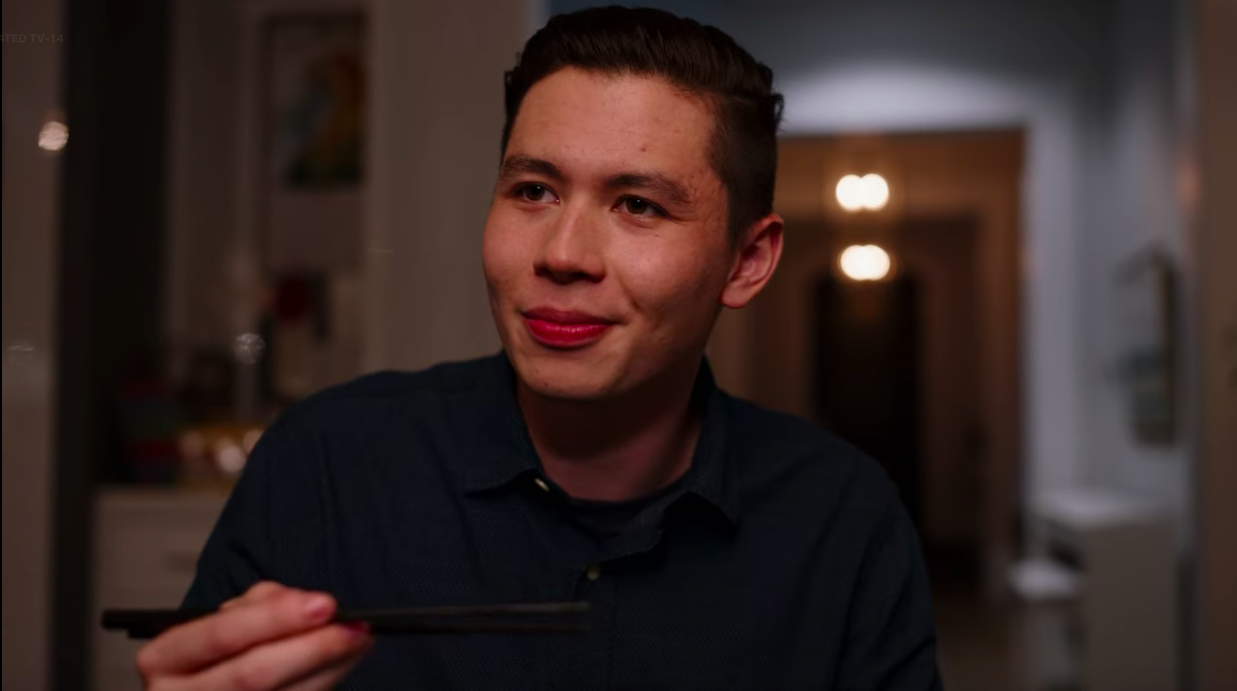
11. "I've had the privilege of feeling safe when so many others have not."
"The rise in anti-Asian hate crimes has served as a reminder that I’ve had the privilege of feeling safe when so many others have not. I’m half-Filipino, half-white and most people are surprised when I tell them I’m half-Asian. I feel like an imposter and feel guilty for feeling unsafe because I know I don’t look outwardly Asian. Because I’m less likely to be targeted, I feel that I can’t speak for our community. Throughout the year, I’ve told my mom not to go out, to stay away from the Asian markets she shops at, and that I’ll grocery shop for her. I’m more fearful for my family than myself. I feel that we have to protect ourselves and can’t trust that bystanders would step in to help, since we’ve seen time and time again that people don’t."
—Anonymous
12. "Being raised as 'white' has meant that I’ve inadvertently neglected my Asian heritage."
"My mom is Japanese and my dad is white. I’m incredibly white-passing, so I’ve never been seen as Asian nor felt any kind of racism as a result. It’s been really hurtful and hard to see people who look like my mom and grandparents be attacked, and it’s also confusing to feel so disconnected from that part of my heritage. Both of my mom’s parents were in the Japanese internment camps in the 1940s, and so my mom was raised to be as 'American' (aka white) as possible. She isn’t that connected to any Japanese culture, so neither am I. The rise in hate crimes makes me sad and angry, but it also makes me realize that being raised as 'white' has meant that I’ve inadvertently neglected my Asian heritage."
—Anonymous
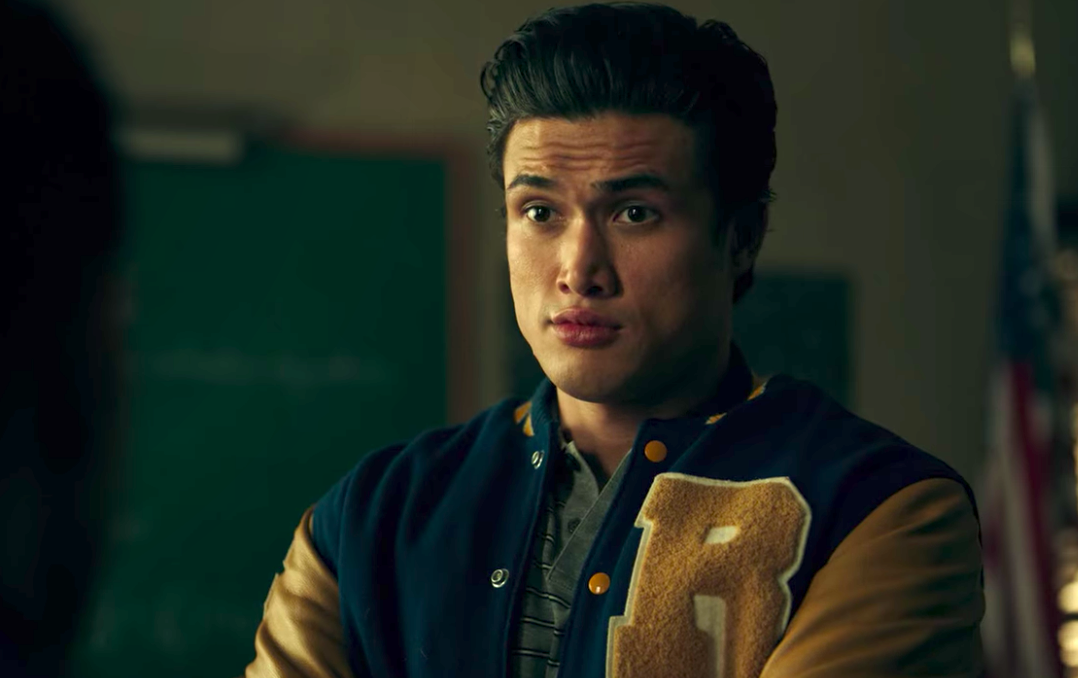
13. "My white classmates made awful, racist jokes about Asian Americans around me."
"Even though I can somewhat pass for white in public, my school experience has been shaped significantly by racist stereotypes, particularly related to the model minority myth. Also, many of my white classmates made awful, racist jokes about Asian-Americans around me — which they wouldn’t do in front of a teacher or another Asian student — because they assumed I wasn’t 'Asian enough' to care."
—Anonymous
14. "When I was a baby, people used to ask my mom, 'Where’d you get her?'"
"My dad is Chinese and my mom is white. For a while, the white family didn’t want to accept me as their own. When I was a baby, people used to ask my mom, 'where’d you get her?' because I don’t look anything like my mother. I’ve dealt with stereotypical Asian jokes my entire life, despite never actually knowing anything about my Chinese culture or celebrating my heritage. I didn’t fully accept myself until my junior year of high school — I was filling out something for SAT prep when it finally clicked that I am equal parts white and Chinese. I don’t really identify as Chinese in my day to day life because I’ve almost been conditioned not to. My last name is the most Asian thing about me, and when I was little, I couldn’t wait to get married one day so I could drop it. I’ve struggled with my identity my entire life, and this rise in anti-Asian hate crimes has left me feeling powerless and voiceless. I don’t know where I stand in any of this."
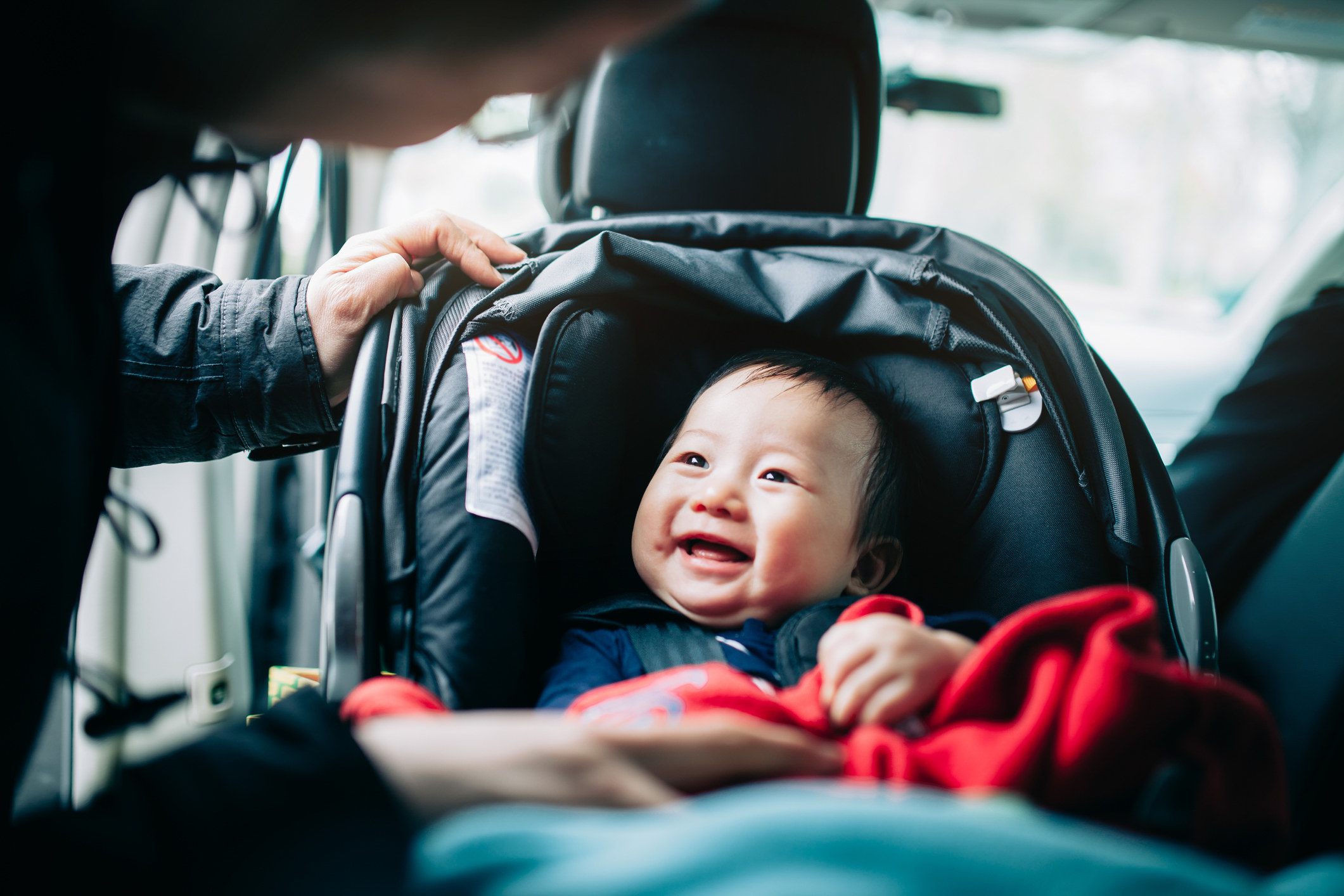
15. "We internalized a lot of the pain and fear of never making ourselves seem 'un-American.'"
"I'm half-Japanese and my grandparents met in the WWII Internment Camps as teenagers. As a result, my dad's generation and mine never learned to speak or read Japanese, but we did learn to internalize a lot of the pain and fear of never making ourselves seem 'un-American.' I struggle with being incredibly proud of being Asian-American, but there's still that voice in the back of my head not wanting to call attention to myself as not 'fully American,' whatever that even means."
—Anonymous
16. "I think back to all of the casual instances of racism that I experienced and were either ignored or suppressed because of my proximity to whiteness."
"I know that I am probably not the first person my friends think of when they hear 'Asian-American,' but that doesn’t make me feel any less disappointed that only two of my friends have checked in on me following the rise of anti-Asian hate. I worry for my mom, for my grandma, for my aunties, and for my cousins. I think back to all of the casual instances of racism that I experienced and were either ignored or suppressed because of my proximity to whiteness. I think back to all of the times I have been gifted chopsticks by white friends or asked by photographers 'not to squint.' I think about the comments from my friends' parents about how miraculously light my hair is, or the time I was asked why I studied abroad in Italy and not 'someplace like Singapore that would feel more like home.' I think about my white side of the family praising our 'gyoza,' 'potstickers,' 'wrappers,' and every variation of 'dumpling' they can come up with at our family holiday parties. I think about all of these things compounded and how I rarely, if ever, stood up for myself or my family, and I think about how these are the same people posting on their Instagram stories about 'checking in on AAPI friends.'"
—Anonymous
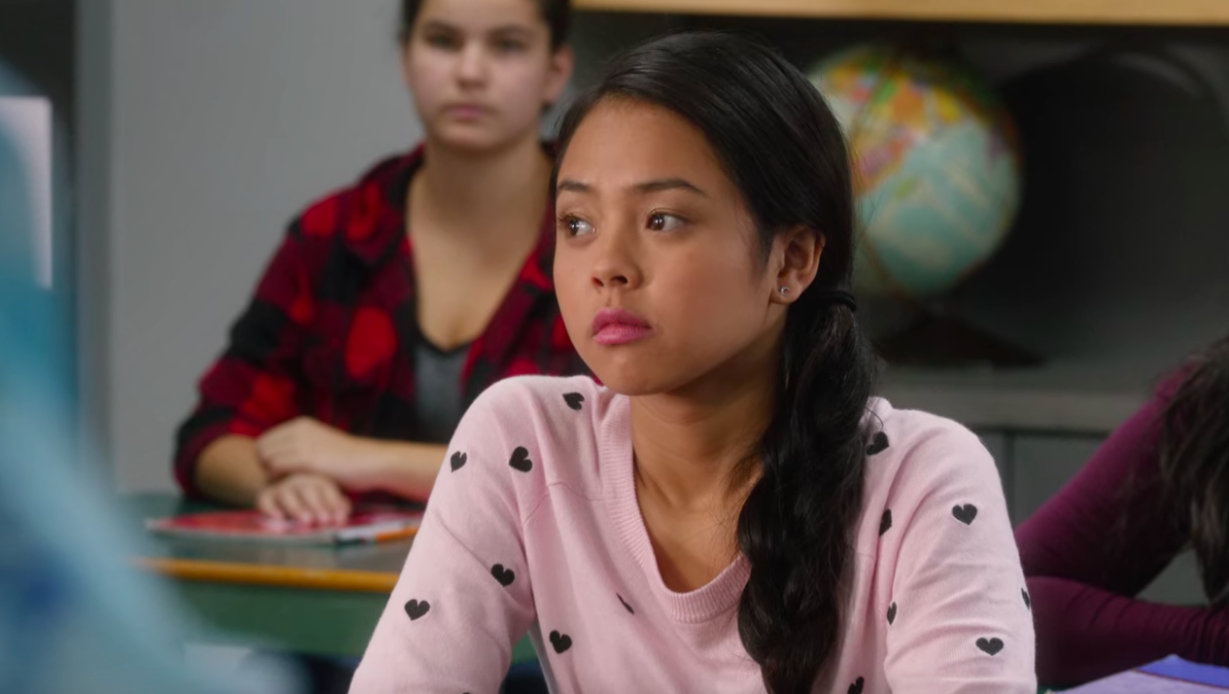
17. "I look at people differently now, and it makes me sad."
"I'm half-Chinese and half-Italian, but I resemble my Chinese mother more. I have always been proud of my heritage and identified with both sides of my family equally — I never felt afraid until the pandemic. I work in retail and I didn't even realize that some customers were being racist towards me until recently. I just figured they were jerks who enjoyed making retail workers uncomfortable. Now I realize that when these people walk by me and cough at me, it is because I look Asian. I look at people differently now, and it makes me sad."
—Anonymous
18. "When I had the chance to leave the South in spring of 2016, I took it. When Trump was elected, I knew I had to stay gone."
"I've seen my family experience anti-Asian and anti-Indigenous hate ever since I can remember. When I had the chance to leave the south in spring of 2016, I took it. When Trump was elected, I knew I had to stay gone. Since the Georgia shooting, my grandmother has called me every day begging me to come home. But I can't go home."
—Anonymous
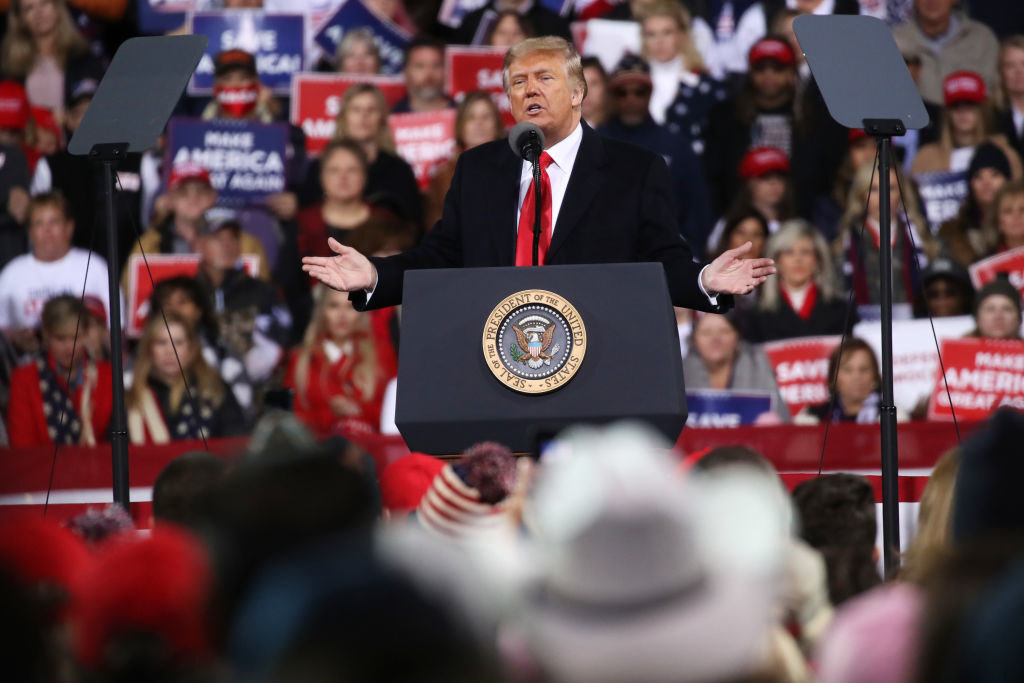
19. "I doubt that anyone who's willing to call me slurs on the street cares that I'm mixed — all they see is an Asian girl with a target on her back."
"Every racist or ignorant thing anyone has ever said to me replays in my head on loop along with every time people have tried do tell me I'm 'not Asian enough.' Where am I allowed to take up space? I doubt that anyone who's willing to call me slurs on the street cares that I'm mixed — all they see is an Asian girl with a target on her back. I'm constantly crying and I feel like I'm shouting into a void because this has been going on my whole life, my dad's whole life, and my grandparents' whole life, and people only care now. I'm so tired."
—Anonymous
20. "Growing up, I experienced a weird mix of people making racist remarks directed at me and people making racist remarks in front of me."
"I am mixed with Filipino, Japanese, and white. To some people it’s very obvious that I'm mixed Asian, but to others it’s not. Growing up, I experienced a weird mix of people making racist remarks directed at me and people making racist remarks in front of me. Part of me knows that my fears and experiences are valid, but some part of me also feels like, because of my mixed heritage, I can’t say anything about the rise in anti-Asian hate and should instead only use my platforms to elevate the voices of others."
—Anonymous
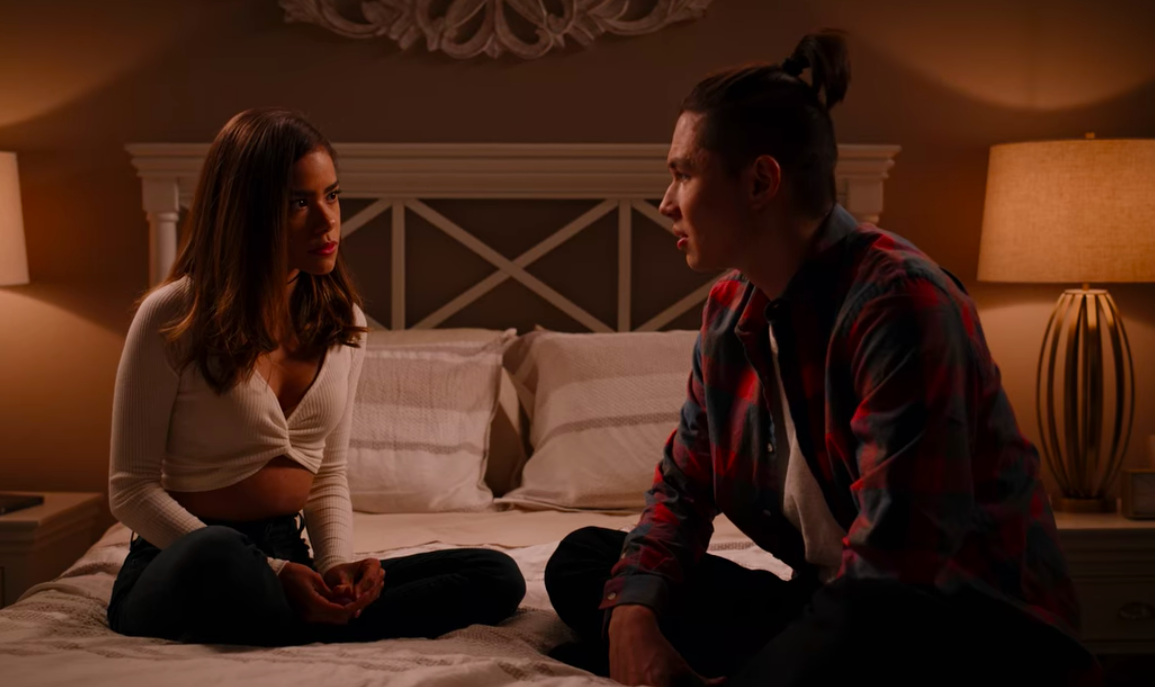
21. "I noticed that people at the market would stand really far from me or move to a completely different section altogether. I chalked it up to social distancing, but they didn't do that to anyone else."
"I'm Chinese and Vietnamese. I've experienced racism my whole life, but usually in small, subtle ways: people being surprised that I drive well, that I'm not good at math, or that my boyfriend isn't also Asian. When Trump became president, that's when the street harassment started. When the pandemic started, I noticed that people at the market would stand really far from me or move to a completely different section altogether. I chalked it up to social distancing, but they didn't do that to anyone else. Now, I'm terrified to go outside. I'm scared to even go to places in my county where there are lots of other Asian people, because what if some racist with a gun decides to have a 'bad day' in that area?"
22. "Being mixed Asian is nothing to be embarrassed or ashamed of — it makes me unique."
"I am a mix of Japanese and Mexican, but I have always thought of myself as an American first. After getting older and having kids (who are mixed as well), I learned how important my two cultures are and how important it was for my kids to understand what makes them who they are. Being mixed Asian is nothing to be embarrassed or ashamed of — it makes me unique."
—Anonymous
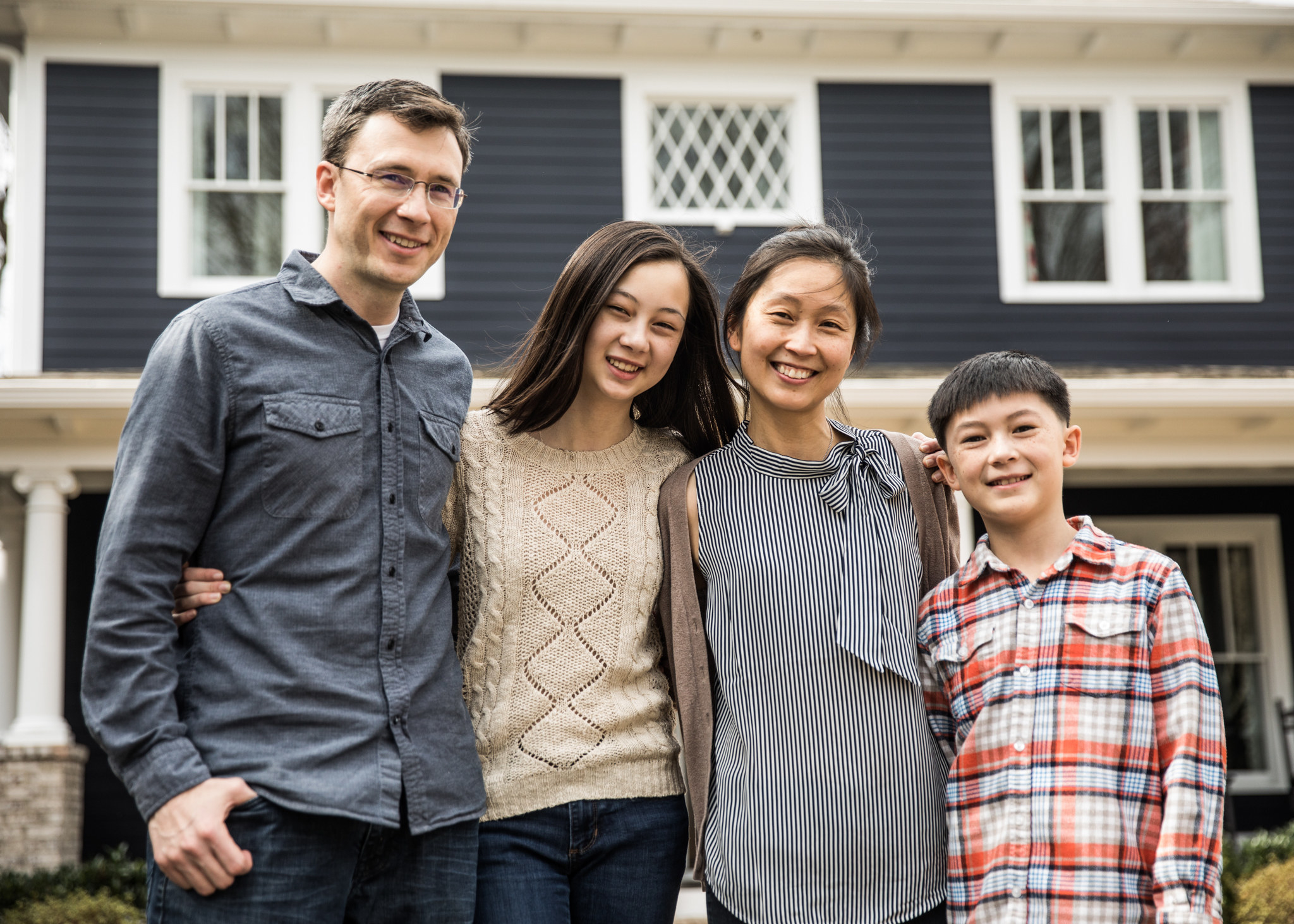
23. "I face more questions about my cultural identity and background than anybody else. But in answering those questions, I build a bridge of understanding, if only a small one."
"Being mixed-race is an entire identity, one which comes with its own set of erasure, racism, and lived experiences of hatred. My mother is Korean and my dad is white. My whole life, my racial identity has been defined by halves. I’m only half-white, therefore I have tainted blood. I’m only half-Korean, therefore not Asian enough to complain about racism. The hate has always been there, whether through micro-aggressions or outright behavior, but right now it makes me most concerned for my mother. The racism she faces every day is disgusting. Unlike my mother — who will always be seen by some as nothing more than a stereotype — I can confuse and challenge those stereotypes, and often, as a mixed-race woman, I’m able to do it without risking my safety. I have the privilege of seeing my whiteness and my Korean background with objectivity, and I can hold people responsible for their prejudices. I also have the burden of not belonging to an instantly recognizable group in society. I face more questions about my cultural identity and background than anybody else. But in answering those questions, I build a bridge of understanding, if only a small one."
24. "Listen to these stories, because they are real."
"I am Black and Filipino. It hurts my heart to know that my parents, my community, and myself are affected by this rise in hate crimes. I am scared for everyone's safety. Listen to these stories, because they are real."
—Anonymous
Note: Submissions have been edited for length and clarity.
Check out how BuzzFeed is celebrating Asian Pacific American Heritage Month and follow @buzzfeedapop on Instagram.


